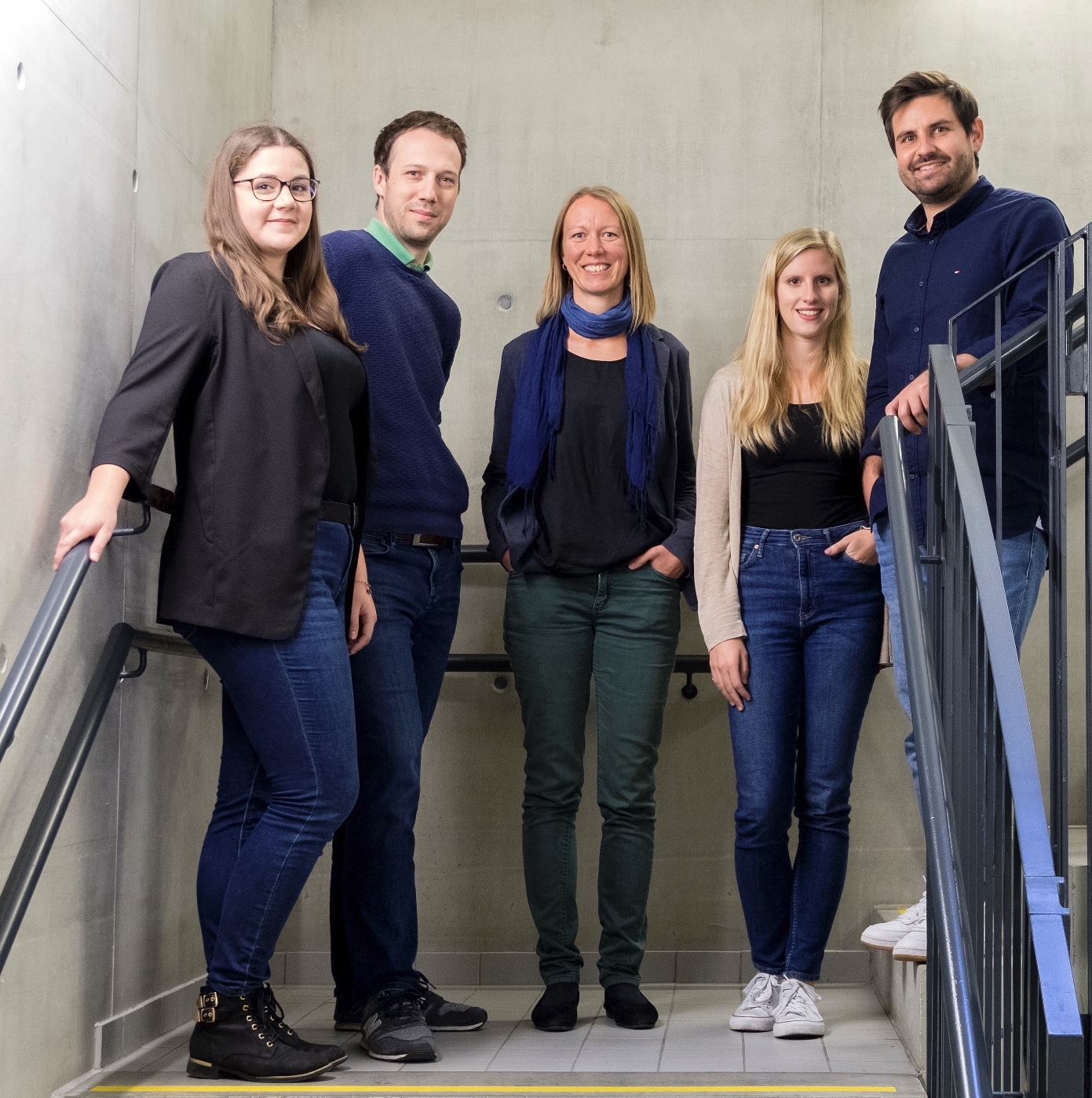Protecting vascular barrier function across discipline and disease boundaries

VVessels are the basic infrastructure of our body. They supply us with nutrients and oxygen and the cells of our immune system use them to find and counteract sources of disease. This is why vessels are not static tubes but they constantly adapt to the changing needs by opening or closing paths. With this project we described a mechanism of vascular barrier regulation that could play a role in many diseases characterized by vascular leak. We found that the junctional adapter protein cingulin regulated the permeability of cell-cell contacts in blood vessels in response to inflammatory signals, such as histamine, thrombin and vascular endothelial growth factors. It did so by binding negative signals in the cell and thereby supporting the repair process. These findings were confirmed in mice and in tissue samples from patients suffering from vasculitis or melanoma. The mechanism was regulated by special sites on the head domain of the protein that can be turned on or off. In this project, we identified classes of molecules in clinical use that could act as an on or off switch of cingulin. Consequently, these molecules could counteract vascular leak in many diseases. Future studies in a clinical setting will be necessary to see if and how they can be used in practice.